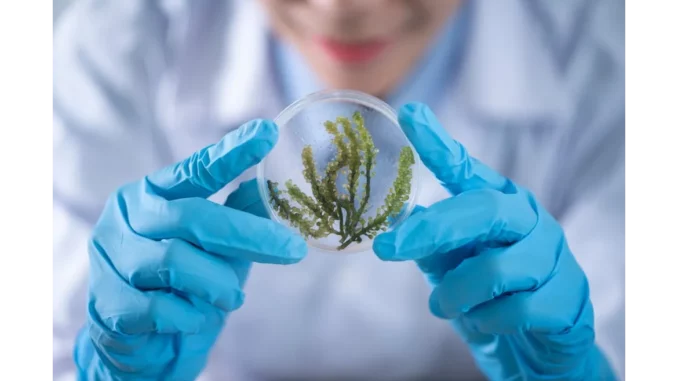
In the rapidly advancing realm of healthcare, nano biotechnology stands as a formidable force poised to redefine diagnostics, therapeutics, and public health. This burgeoning field, projected by SNS Insider Research to reach a market size of USD 12.99 billion by 2032, offers a glimpse into the future of medicine. In a recent conversation with Dr. Emily Carter, a leading researcher in nano biotechnology at a prestigious institute in Austin, Texas, the profound potential and challenges of this field were illuminated.
Dr. Carter’s foray into nano biotechnology began during her post-doctoral research, where the precision and promise of nanomaterials captured her imagination. “Nano biotechnology is about harnessing the unique properties of materials at the nanoscale to achieve solutions previously deemed impossible,” she explained. “It’s akin to working with nature’s fundamental building blocks, permitting us to manipulate and refine biological processes with unprecedented precision.” Her insights underscored the transformative impact of this technology on diagnostics, where advanced biosensors utilise nanomaterials to detect diseases at their nascent stages with remarkable sensitivity. Dr. Carter envisioned a future where a simple blood test could identify cancer long before symptoms manifest, bringing this revolutionary diagnostic capability within reach.
The conversation naturally progressed to therapeutics, where nano biotechnology’s precision is causing significant disruptions. Dr. Carter elaborated on the concept of targeted drug delivery systems, a hallmark of this innovative technology. “Traditional treatments often carry a slew of side effects,” she noted. “However, with nanoparticles, we can administer drugs directly to the diseased cells, such as cancer cells, thereby minimising harm to healthy tissues and markedly improving patient outcomes.” This capability marks a significant leap forward in treatment efficacy and patient safety, highlighting the potential of nano biotechnology to fundamentally alter therapeutic approaches.
A particularly compelling aspect of our discussion was the role of nano biotechnology in public health innovations. Dr. Carter pointed out how the COVID-19 pandemic served as a catalyst for advancements in nano-based vaccines. “The success of mRNA vaccines exemplifies the efficacy of nano technology in swiftly developing and deploying vaccines,” she remarked. “This has not only spurred investment in the sector but also paved the way for future breakthroughs in combating infectious diseases.” With the global population ageing and chronic diseases becoming more prevalent, the demand for personalised medicine is increasingly urgent. Dr. Carter emphasised how nano biotechnology is spearheading this shift, enabling treatments tailored to individual genetic profiles. “Personalised medicine is no longer a distant aspiration,” she asserted. “Thanks to nano biotechnology, we can now conceptualise treatments that are as distinctive as our DNA.”
As our conversation drew to a close, I inquired about the future trajectory of the nano biotechnology market. Dr. Carter’s response was both optimistic and pragmatic. “The potential is vast, but so are the challenges,” she acknowledged. “Ongoing investment in research and development, coupled with collaborative efforts across industries, is crucial to ensure that these innovations are accessible and affordable.” She also underscored the importance of evolving ethical considerations and regulatory frameworks alongside technological advancements. “While the science is exhilarating, we must proceed with caution and responsibility,” she advised. “Ensuring patient safety and upholding ethical standards is paramount as we navigate this new frontier.”
The conversation with Dr. Carter highlighted the astonishing potential of nano biotechnology to transform healthcare. From enhancing diagnostic accuracy to revolutionising drug delivery systems and fostering public health innovations, the impact is profound and far-reaching. This exponential growth is not merely indicative of technological advancements within the field but also serves as a beacon of hope for the future of healthcare. As Dr. Carter succinctly expressed, “We’re not just witnessing a technological evolution; we’re part of a healthcare revolution that will define the next era of medicine.”
As I departed the institute, I was filled with anticipation for the transformative changes that nano biotechnology promises to bring. It is a field brimming with potential, and with pioneers like Dr. Carter at the helm, the future indeed appears promising. The journey of nano biotechnology is one of innovation, responsibility, and immense possibility, setting the stage for a new chapter in the annals of healthcare.


Be the first to comment